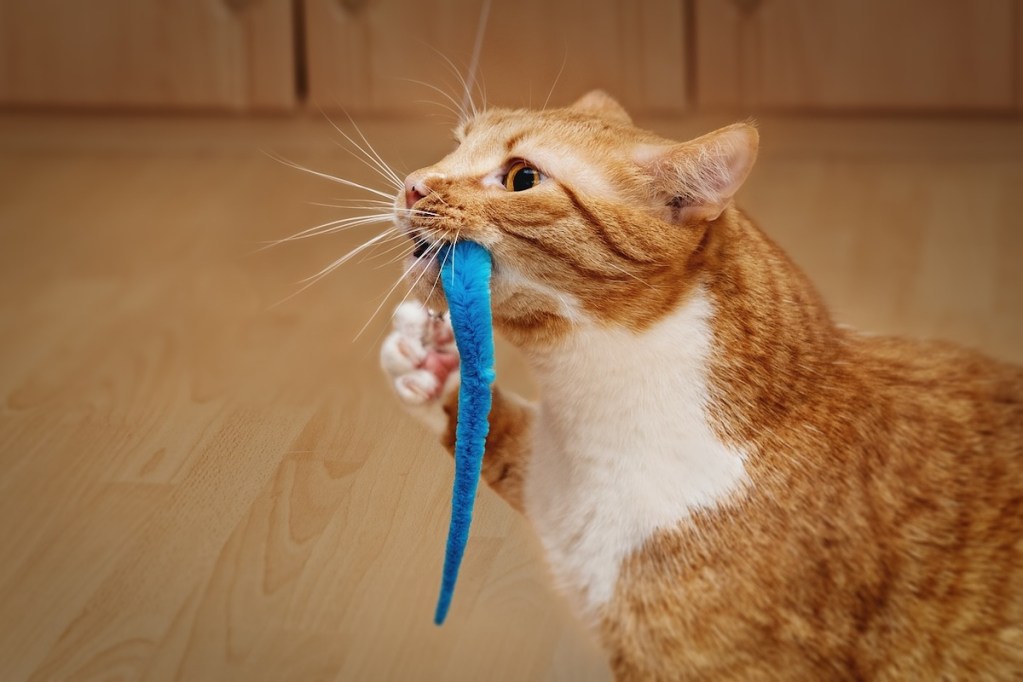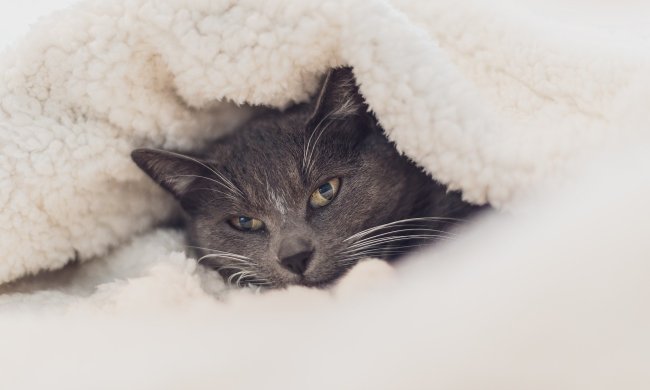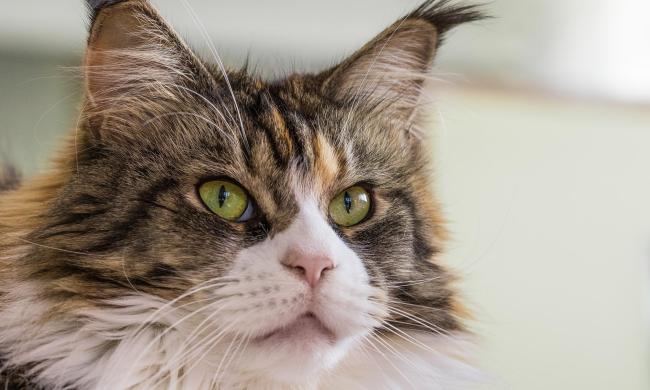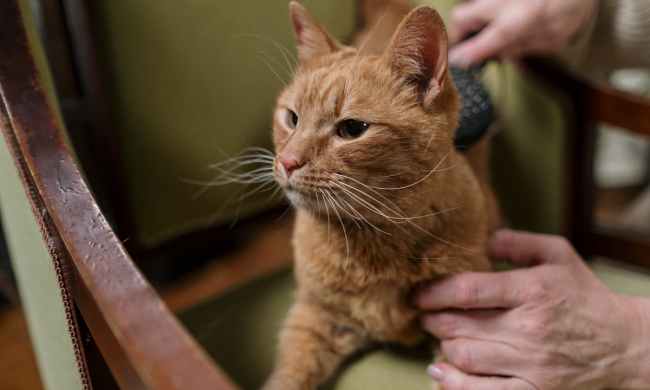
It might be your favorite part of owning a cat, or it might keep you up all night, but zoomies have taken hold in our collective psyche as pet owners. While we as humans may pace around, dogs and cats frequently dash across the house for seemingly no reason and with no obvious cause.
Even if you think it’s totally random, more likely your kitty gets something out of this wild routine. There’s no one definitive motive, but you should be able to figure out why your animal suddenly has the cat zoomies by paying attention to their other behaviors.

Why do cats get the zoomies?
Most feline companions have zoomies from time to time, though it does depend on the cat’s age, personality, and environment. It’s interesting that indoor-only cats seem to exhibit the trope of the constantly zooming cat a bit more than their outdoor counterparts, in large part because an inside cat might have more pent-up energy. Specifically, if you see your beastie getting zoomed up in the evening, that tells you to put a little bit more time into working their mind and body during the day.
Because domestic cats sleep for much of the day and are liveliest at twilight and dawn, zoomies sometimes happen at the worst times for you (it makes perfect sense to them, though). You can buy a few extra interactive items, such as a new cat-scratch post, and select a few toys for you to use with them. Remember, it’s not just about the physical exercise — their brain needs a workout, too. Find something that involves a reward and will keep them fully involved.
When do cat zoomies mean something’s wrong?
Rarely, the zoomies have a negative underlying condition and require medical attention or a change in routine. If you notice a sudden increase in messing around or the playful running becomes truly excessive, have your vet give your mouser a once over. A few conditions, such as hyperthyroidism, can cause huge energy surges and have other harmful effects.
Cats sometimes get zoomies as a result of stress as well — you may notice extra bouncing after a big move or when a new pet joins the home. In those cases, they’ll most likely adjust with a little time, but make sure to give your OG cat dedicated attention, lots of playtime, and a place they can retreat to in peace.
All in all, cat zoomies are something to be cherished and enjoyed. Take your pet’s playtime to the next level by getting a nighttime camera that can capture their most acrobatic moments. Just remember to ensure your kitty stays stimulated and watch for unusual increases in craziness, otherwise, a zoomy cat is a happy cat.



